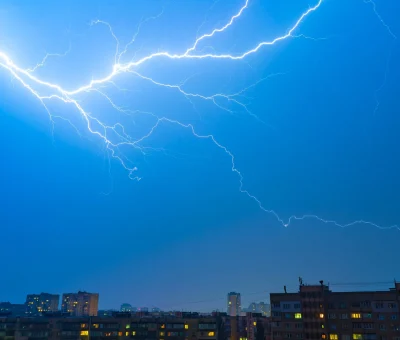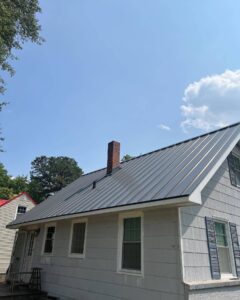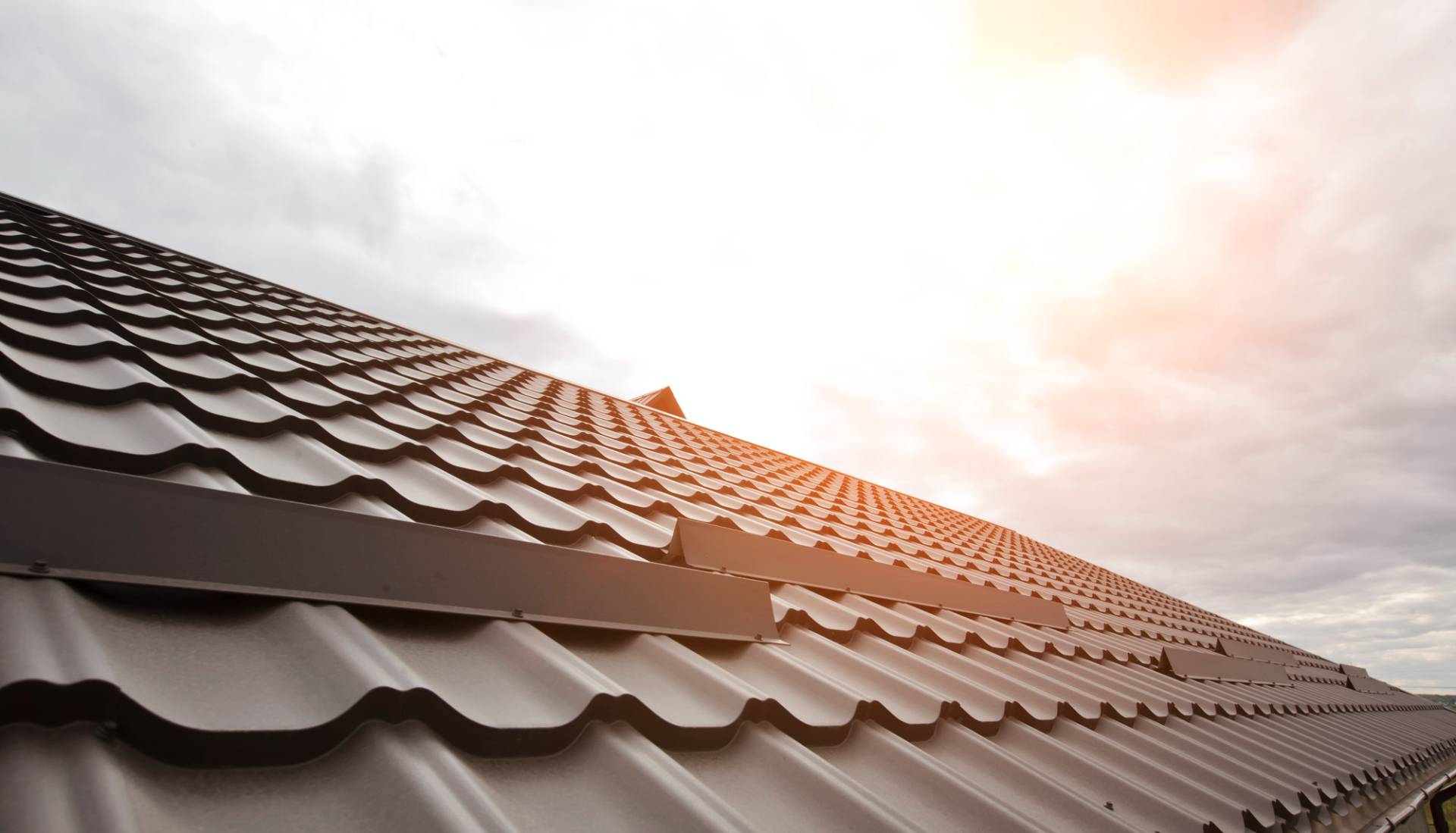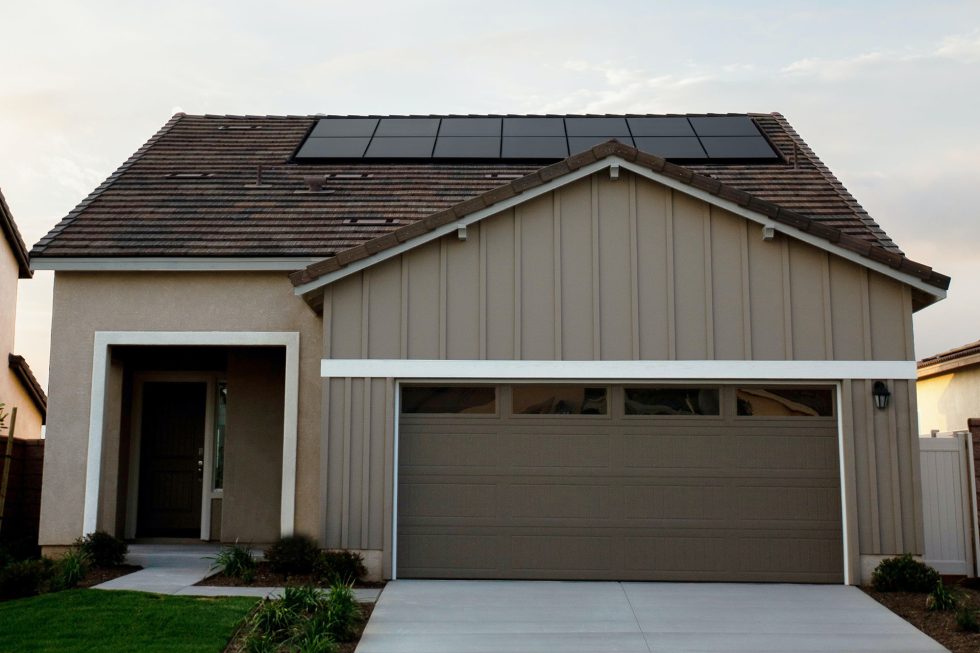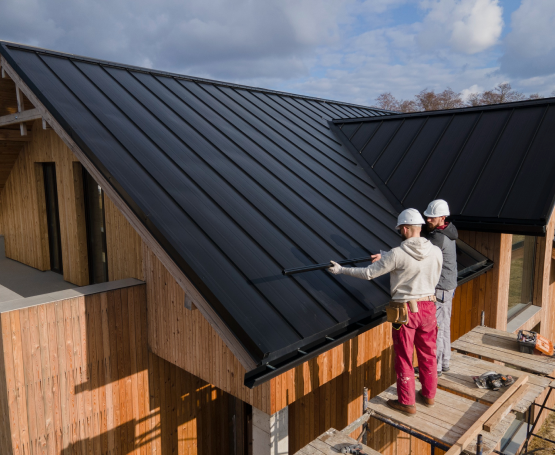There’s a common misconception that metal roofs attract lightning, leading many homeowners to worry about the safety of their homes during thunderstorms. However, the truth is quite different. Contrary to popular belief, metal roofs do not attract lightning. A metal roof is just as susceptible to lightning strikes as any other roofing material. Let’s delve into the facts about metal roofs and lightning strikes to dispel any myths and provide peace of mind to homeowners.
Do Metal Roofs Attract Lightning?
One of the most common misconceptions about metal roofs is that they attract lightning. However, this belief is unfounded. Lightning is a naturally occurring phenomenon that is not influenced by the presence of metal roofs or any other specific material. Lightning strikes the highest point in its vicinity, regardless of the type of roofing material. Therefore, metal roofs do not attract lightning any more than other types of roofs.
What Happens if Lightning Hits My Metal Roof?
If lightning does strike a metal roof, the effects can vary depending on several factors such as the intensity of the strike and the quality of the roof’s construction. However, contrary to popular belief, a metal roof is actually a safer option compared to other roofing materials. Metal roofs are non-combustible, meaning they will not catch fire if struck by lightning. Additionally, the conductivity of metal allows the electrical current from the lightning strike to be dispersed safely, reducing the risk of damage to the structure of the home.
Should a Metal Roof Be Grounded?
There is no recommendation to install a grounding system to further enhance safety during lightning strikes. A grounding system would not provide any designated path for the electrical current from the lightning strike to dissipate into the ground. There is no need to ground the metal roof, homeowners can rest easy knowing the potential risks associated with lightning strikes are very minimal.
How Often Do Metal Roofs Get Struck by Lightning?
The frequency of lightning strikes on metal roofs can vary depending on factors such as geographic location, weather patterns, and the height of the structure. However, it’s essential to note that metal roofs are not more likely to be struck by lightning compared to other types of roofing materials. Lightning strikes the highest point in its vicinity, regardless of the type of roof, making all structures equally susceptible to strikes.
Conclusion
In conclusion, metal roofs do not attract lightning, and they are not more likely to be struck by lightning compared to other types of roofing materials. In fact, a metal roof can provide a safer option for homeowners during lightning storms due to its non-combustible nature and conductivity. By installing a proper grounding system and taking proactive measures to protect the roof, homeowners can enjoy peace of mind knowing that their metal roof is well-equipped to withstand the forces of nature.

